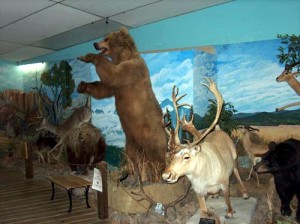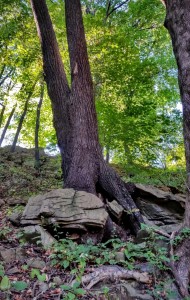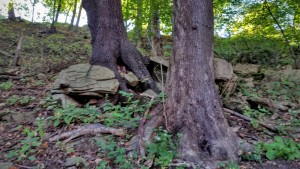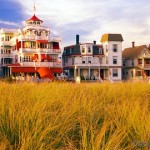Last week I had to return a speaker to Leiser’s Rentals in Bethlehem. Attached to the store is a “Don’s Wildlife Museum” where you can walk around and look at their collection of stuffed animals.
I have never understood hunting let alone stuffing the kill. I often ask myself what the hunter gets out of it. The answer I can come up with is that they hunt and display their “prize” because it fulfills that part in them that connects them back to nature. Just like the fish jumping out of the bucket in Eiseley’s piece, we all feel a subconscious need to get back to nature. So despite all of the development and advancements the human race has made throughout our existence, we all have a small part of us that wants to be wild again. I think this is why we have the desire to walk in the woods, feel one with the ocean when we’re swimming with it and why we feel relaxed when we spend some time outdoors. Despite all of the changes our race has made and will make in the future that seems to pull us away from nature, I don’t think that this instinct will ever go away.
It is because of this instinct that I assume that hunters hunt. They feel the thrill of getting a kill, maybe it even makes them feel as if they are a preying animal. They display the animal because it reminds them of an accomplish but part of it may even be because their instinct makes them wish they were still in the wild with this animal. 



